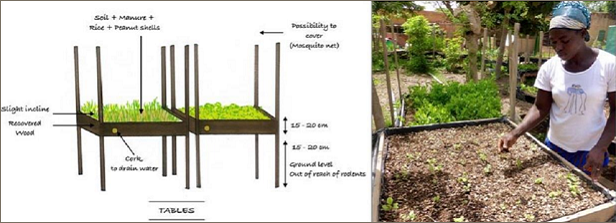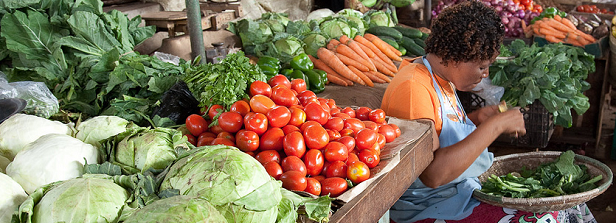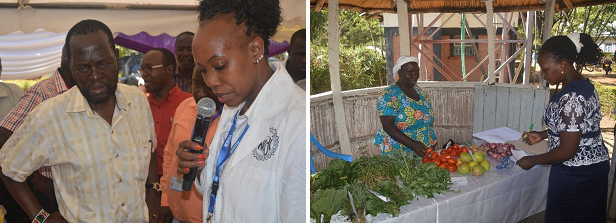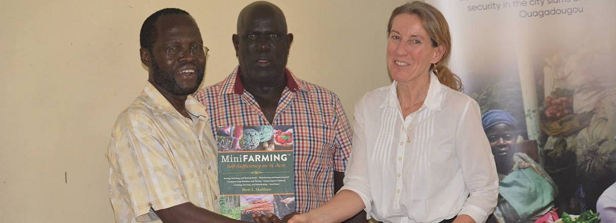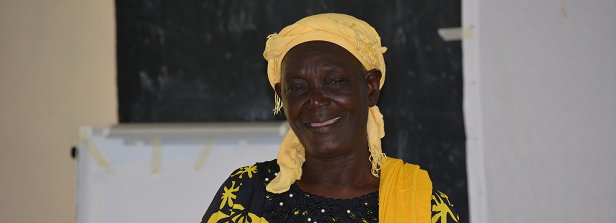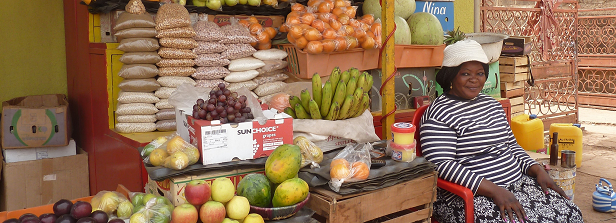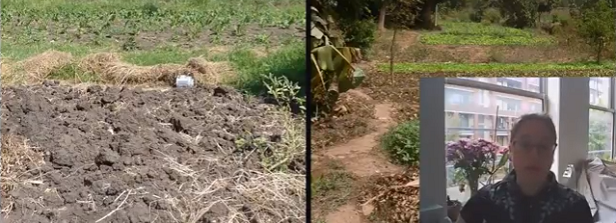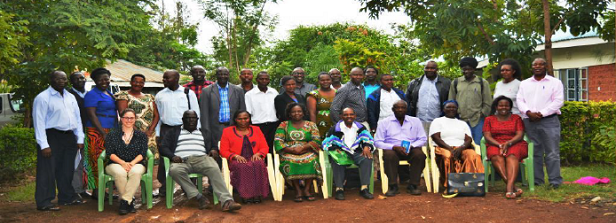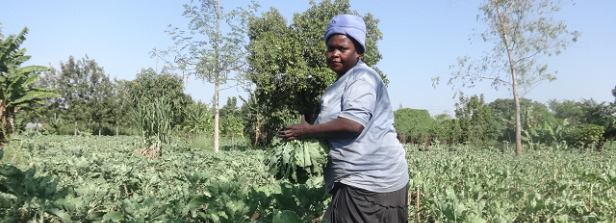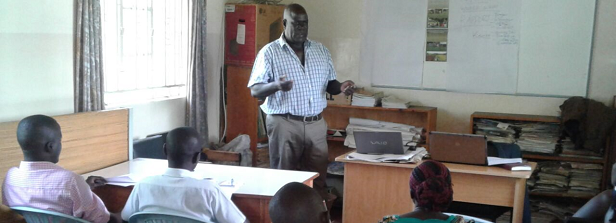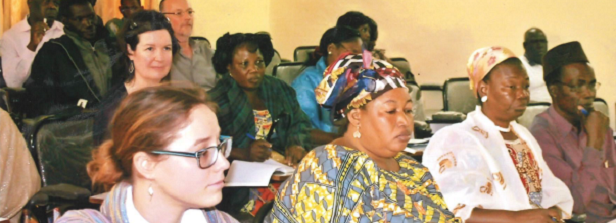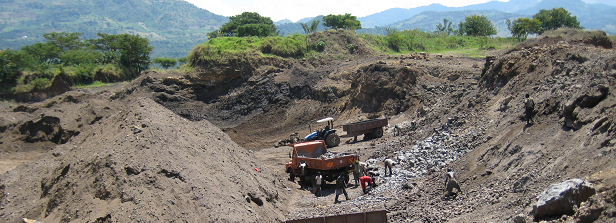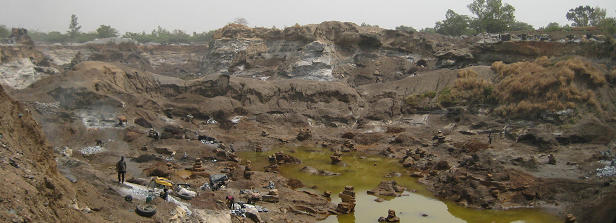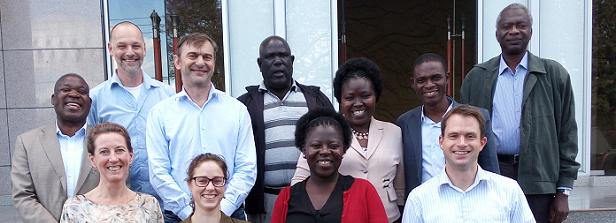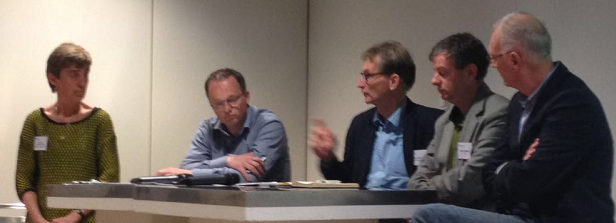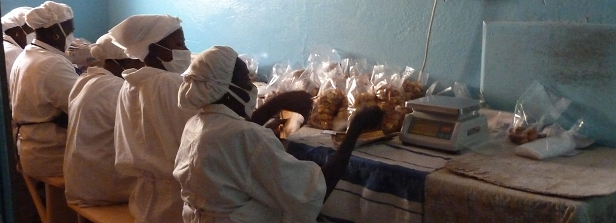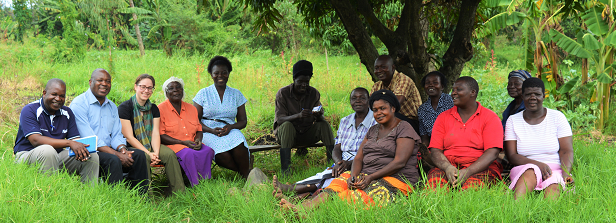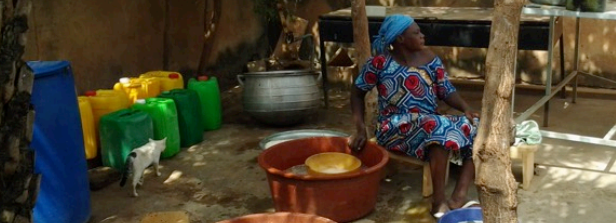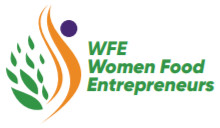Women Food Entrepreneurs in Kenya and Burkina Faso – WFE
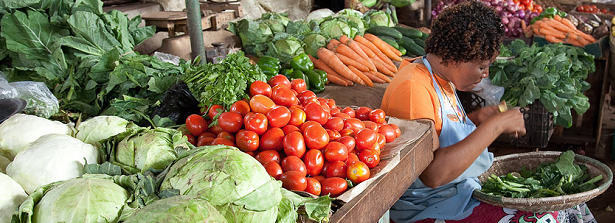
Duration: November 01, 2015 – October 14, 2019
Project information
Aim: The project WFE aims to strengthen women’s food entrepreneurship in city slums in Kenya & Burkina Faso, by building inclusive business models for food security. based on an integrated understanding of the complex interactions between soil quality, food production and quality and nutrition for vulnerable groups.
Objective: Boosting women’s production, processing and trading of quality foods in Africa’s growing cities can improve food and nutrition security of vulnerable populations. This inter- and trans-disciplinary project examines opportunities and constraints, field-tests innovative food production and processing methods, and designs inclusive business models for women food entrepreneurs.
Method: The project has a transdisciplinary team of social and natural scientists, Dutch, Kenyan and Burkinabé entrepreneurs, government and civil society actors, and community-based women groups. Through a comparative analysis between Kisumu and Ouagadougou, this project address the constraints faced by women as: (i) food producers in (peri-)urban gardens; (ii) food processors; and (iii) food marketeers, within diversified physical, environmental, social and policy contexts. The project (a) co-designs and field-tests hybrid food production and processing technologies; and (b) enhance and promote women’s business knowledge and skills through inclusive business models.
Countries: Kenya and Burkina Faso
Dutch policy goal: Inclusive business models for food security.
Progress reports
Year 1: During a vibrant project kick-off meeting in Kenya the inter-disciplinary focus of the research was reascertained in detail. Two social science PhDs (one for Kisumu; one for Ouagadougou) teamed up with the natural science PhD (studying Kisumu & Ouagadougou) in their first field-familiarizing visits. Collaboration was sought in each location, through participatory workshops, with three urban WFE groups.
On the project page, blogposts on field-familiarizing visits in Kenya and Burkina Faso have been published.
The parameters for the Food and Nutrition baseline have been set and a survey designed building on the Dietary Diversity Index of FAO, and incorporating additional questions on agricultural management practices and land use.
The geologist identified suitable mines in close proximity to each study location. Rocks were brought back for rock dust analysis, which feeds into the soil nutrient enhancement analysis, see the two surveys on Burkina Faso and Kenya.
Summary mid-term review: Women Food Entrepreneurs (WFEs) are found to play an important role in the food and nutrition security of vulnerable urban slum populations. Yet, their added value is low and they form a blindspot in urban food and nutrition policy and agribusiness value chains. Social-economic and political deprivations, coloured by gender inequalities, and environmental precariousness undermine the economic viability and sustainability of their entrepreneurship. They are stuck in survival entrepreneurship. Through building hybrid knowledge, strategic governance, and collective action, WFEs are seeking to advance their entrepreneurship. Co-creation activities involving diverse local stakeholder groups currently focus on:
(i) soil and water improvement techniques
(ii) new food processing opportunities and
(iii) identifying market niches, as sustainable pathways towards more inclusive business models.

